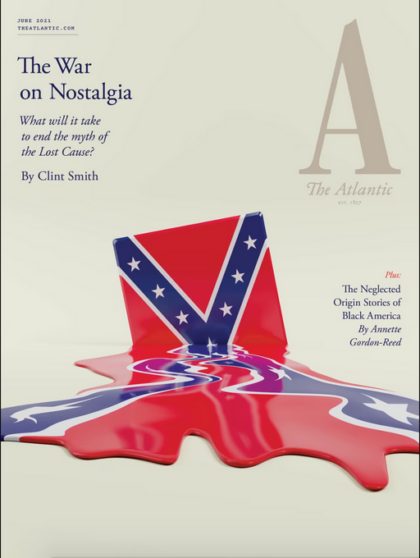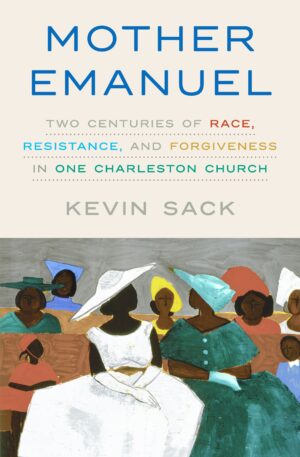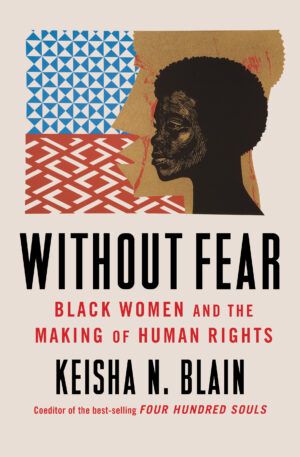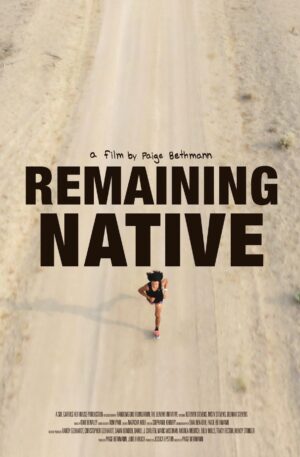Clint Smith wrote an article for the Atlantic on the persistence of the “lost cause,” adapted from his book How the Word Is Passed: A Reckoning With the History of Slavery Across America.
We left the church, and a breeze slid across my face. Many people go to places like Blandford to see a piece of history, but history is not what is reflected in that glass. A few years ago, I decided to travel around America visiting sites that are grappling—or refusing to grapple—with America’s history of slavery. I went to plantations, prisons, cemeteries, museums, memorials, houses, and historical landmarks. As I traveled, I was moved by the people who have committed their lives to telling the story of slavery in all its fullness and humanity. And I was struck by the many people I met who believe a version of history that rests on well-documented falsehoods.
For so many of them, history isn’t the story of what actually happened; it is just the story they want to believe. It is not a public story we all share, but an intimate one, passed down like an heirloom, that shapes their sense of who they are. Confederate history is family history, history as eulogy, in which loyalty takes precedence over truth. This is especially true at Blandford, where the ancestors aren’t just hovering in the background—they are literally buried underfoot.








